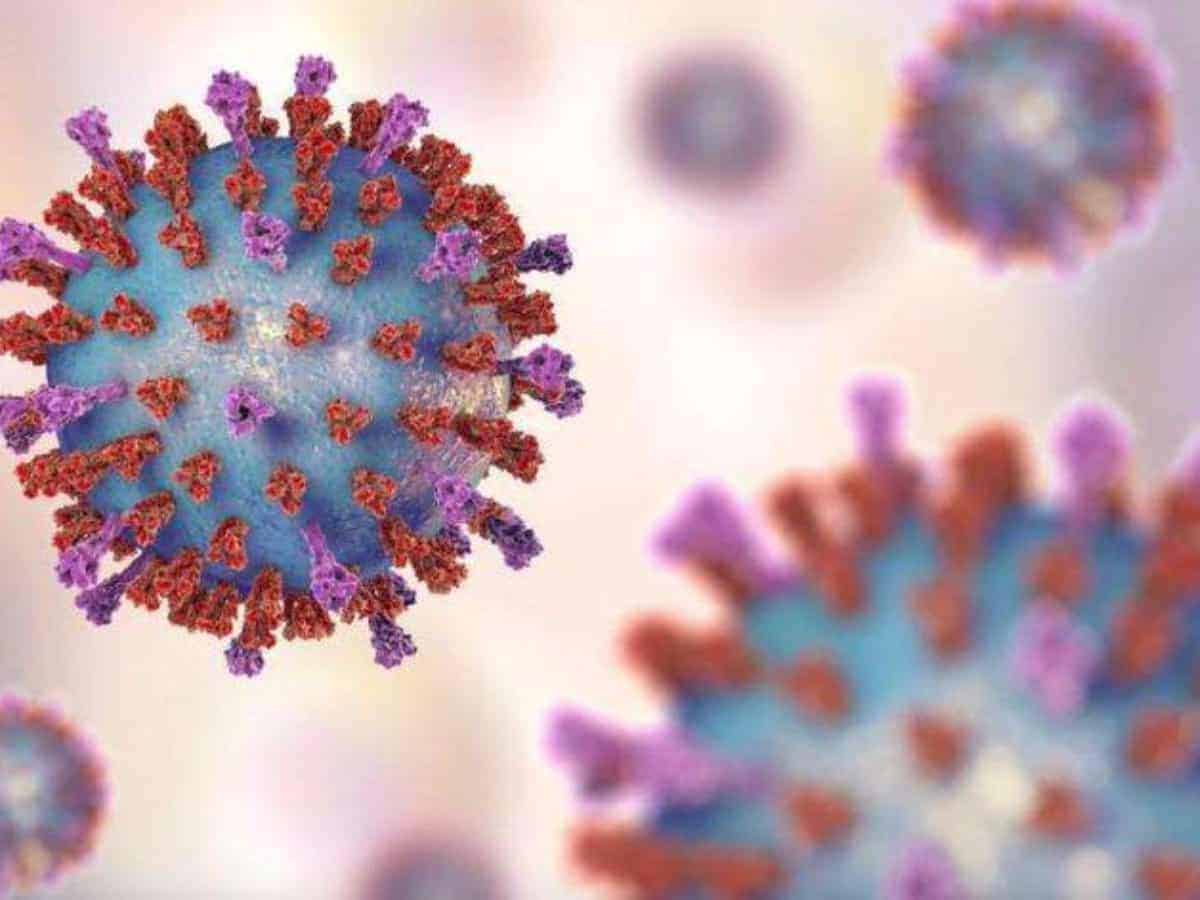Singapore: In the wake of the coronavirus outbreak which is spreading and causing disruptions, Singapore is putting in place a business continuity plan which includes the appointment of a Flu Manager.
Enterprise Singapore supported by the Singapore Business Federation has prepared a Guide on Business Continuity Planning for 2019 novel coronavirus.
According to the document, a Flu Manager should be appointed to ensure that employees are familiar with the business continuity plans and comply with them during this period.
This document is a guide on business continuity planning for enterprises, especially for the small and medium-sized enterprises in Singapore, to help them deal with the 2019 novel coronavirus (2019-nCoV) outbreak in China. It is guided by the Singapore Standard for Business Continuity Management System – Requirements and relevant advisories issued by government agencies.
The objective of this guide is to help enterprises in their business continuity planning in response to the novel coronavirus (nCoV). It covers key business operational risks like human resource management, processes and business functions, supplier and customer management, communications, both internal and external.
The documents seek to help companies to minimise the health risk to employees, minimise the risk of premises becoming a node of transmission, ensure plans are in place should employees be quarantined or infected and ensure alternative arrangements with suppliers and customers so that business operations can continue.
The roles and responsibilities of the Flu Manager are given in Annex 1b which as as following:
Develop a plan for the continuity of leadership in the event of the absence of key decision-makers and executives. Consider flexible work arrangements for the high-risk employees, as well as employees who need to stay at home due to other reasons relating to the novel coronavirus (nCoV), e.g. to take care of family members who have travelled to known affected countries or regions. Review employee management policies such as absenteeism, sick leave, overseas travel, workplace closure and recall of non-critical employees and their families from affected countries. Defer all travel to Hubei Province and all non-essential business travel to Mainland China. Obtain a health and travel declaration from employees who have travelled to China recently, or who have any upcoming plans to travel to China Check and monitor closely the health condition of employees who had been in China in the past 14 days.
On process and business functions, companies should identify critical business functions (prioritised activities) and essential employees. Enterprises should consider setting up alternate teams of employees (e.g. Team A. & Team B) who can be deployed at different work schedules.
Team A and Team B should be physically segregated to avoid the risk of infection between teams Cross-train workers and establish covering arrangements to minimise disruptions.
Companies should educate employees on infection control and good personal hygiene and develop plans related to visitor and employee screening and follow-up actions.
They should also monitor closely the coronavirus-related developments and follow travel and health advisories on the MOH and other government agencies’ websites.
When travelling overseas, employees should adopt the following precautions at all times including avoid contact with live animals including poultry and birds, and consumption of raw and undercooked meats.
They should avoid crowded places and close contact with people who are unwell or showing symptoms of illness, observe good personal hygiene and practise frequent hand washing with soap (e.g. before handling food or eating, after going to the toilet, or when hands are dirtied by respiratory secretions after coughing or sneezing).
Companies have been advised to develop a robust employee sickness surveillance process to identify and manage unwell employees and ensure adequate supply of appropriate Personal Protection Equipment (PPE) and medical equipment (e.g. thermometers, disposable gloves, surgical masks, N-95 masks and disinfectants) and undertake training to familiarise employees on their usage. Clean and disinfect companies’ premises exposed to suspected or confirmed case(s) of the novel coronavirus (nCoV).
The roles and responsibilities of the Flu Manager include actively monitor development of the virus outbreak and work with management to disseminate messages to employees with clear instructions when measures need to be activated.
The Flu Manager should educate employees on the latest available information on the virus and brief them on the need for infection control measures and the preventive procedures that have been set in place. The manager should also educate employees on the different types of thermometers, such as oral and ear thermometer, and the proper way of using them.

